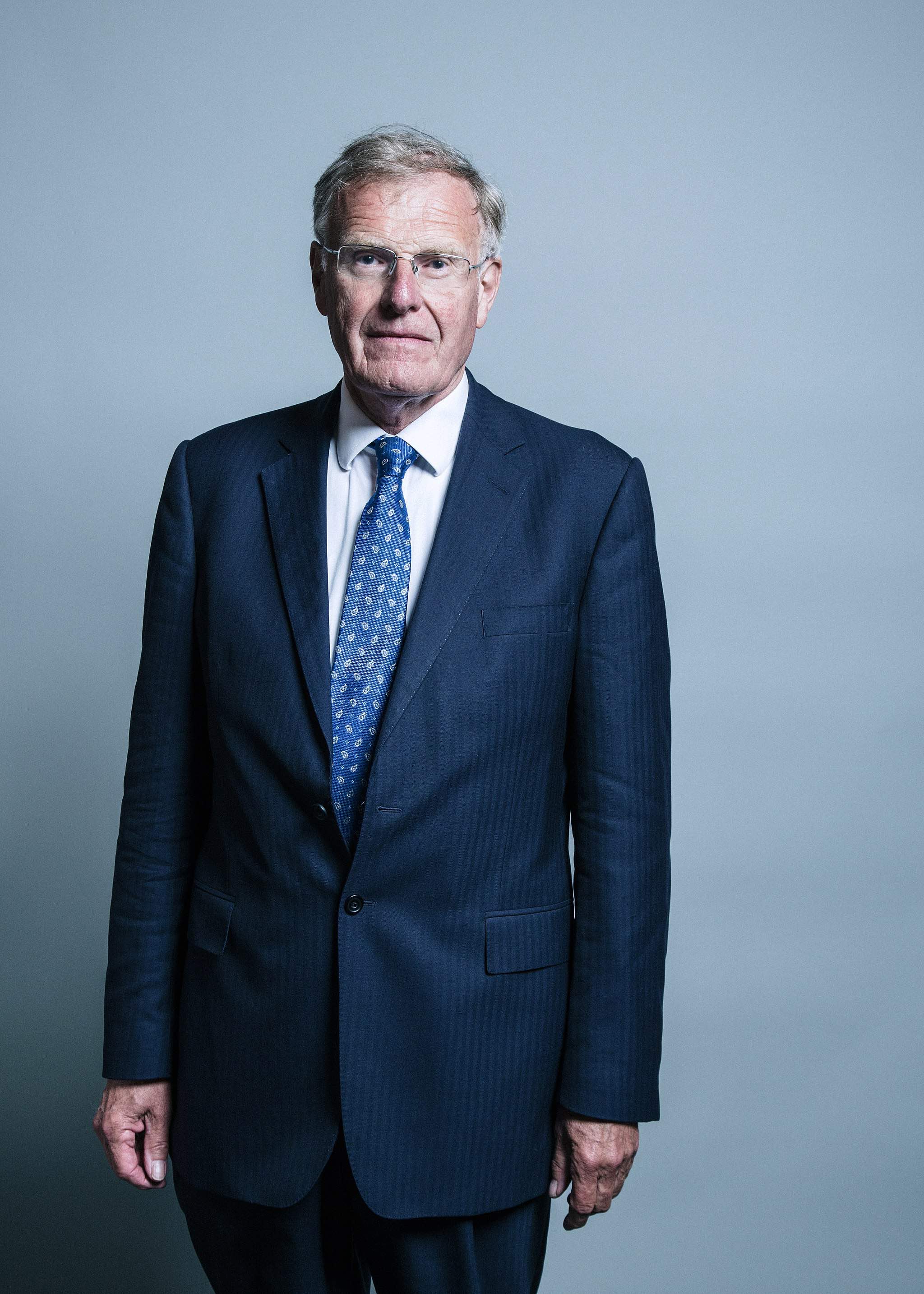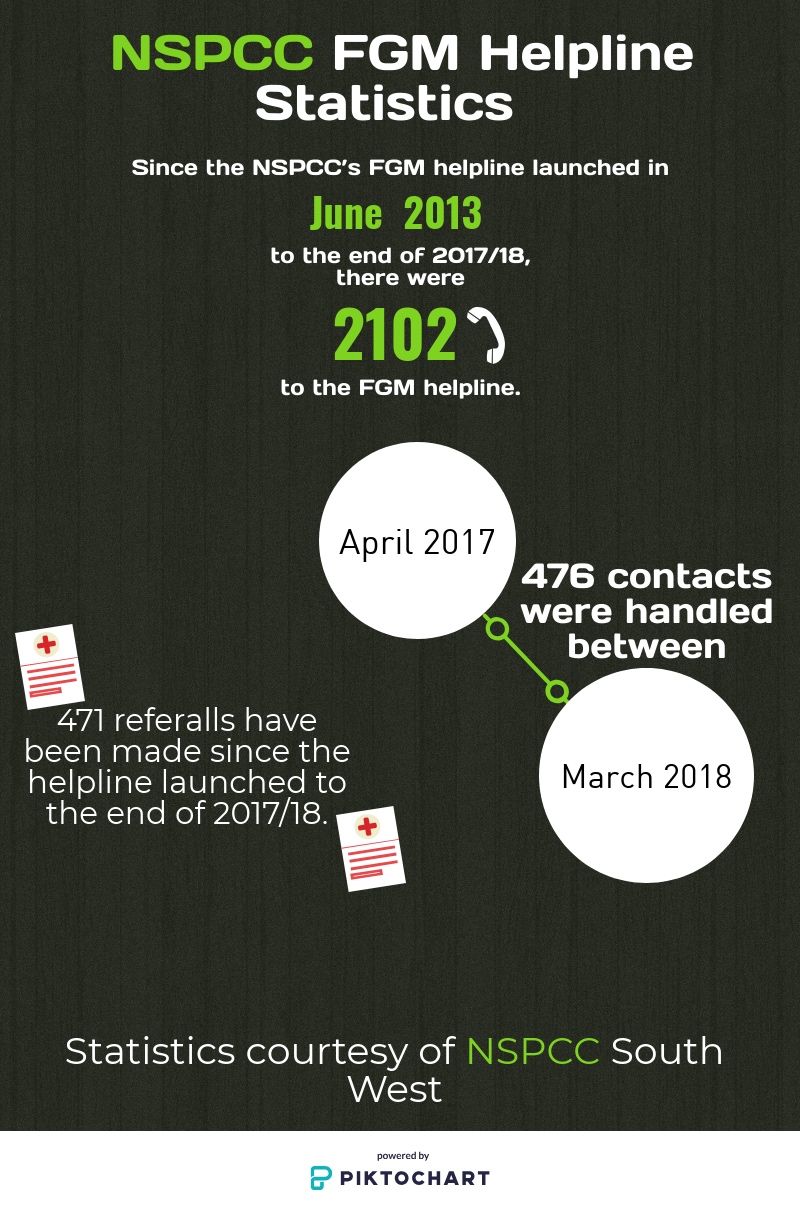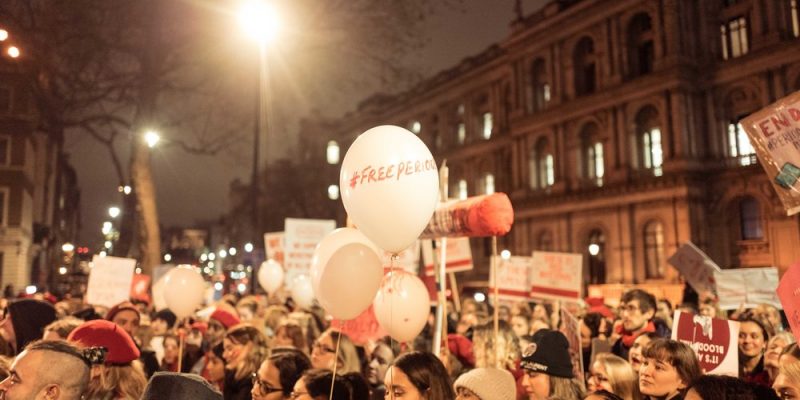One of Dorset’s senior nurses is urging local MPs to back the forthcoming bill on amending the Children’s Act to include a ban on Female Genital Mutilation.
“Even if it doesn’t happen on our doorstep, it is still horrific abuse that is continuing to harm and damage children.”
That is the view of Wendy Thorogood, Designated Nurse Consultant for Dorset Clinical Commissioning Groups (CCG) who is hoping MPs in the area will get behind the bill.
It comes as MPs are currently due to vote in Parliament on Friday to amend the Children’s Act to include protection against FGM.
Baron Michael Berkeley introduced the bill into Parliament last year following campaigning by groups such as #PinkProtest.

The Bill completed its House of Lords stages on 19 November 2018 and was presented to the House of Commons on 20 November 2018.
Female Genital Mutilation (FGM) refers to procedures that intentionally alter or cause injury to the female genital organs for non-medical reasons.
The Children Act 1989 (amended 2004), provides the legal basis for how social services and other organisations deal with child-related issues.
Currently, FGM is not included in this legislation meaning there is no legal protection for a child who is at risk of undergoing such violence.
Ms Thorogood is firmly encouraging local MP’s to vote in favour of these amendments:
“I would strongly advise them to read all the paperwork and the physical and emotional harm that FGM causes and to be more aware and think of every woman.”
According to NHS statistics, there were 925 newly recorded women and girls in the period July 2018 to September 2018, where FGM was identified or a procedure related to FGM was undertaken.
Locally, Ms Thorogood explained: “Dorset actually had no reports in the last year for FGM, there was one case that was investigated but it was not deemed to be FGM.”
Although the number of cases are low in Dorset, the main reports are women who present themselves due to post trauma or stress of FGM and asking for reversals.
She explains here what support is available in Dorset and why it is so important for the local community.
However, despite national statistics highlighting an increase in the number of recorded hospital attendances, due to the nature of the abuse, many cases go unreported which means that usually victims are reluctant to come forward.
Often it is not until a child presents themselves in hospital that safeguards can then be implemented by staff.
“We are hoping that making it explicit in the Children’s Act will help raise public awareness and responsibility and frighten off people coming into the country to do it, because that is our biggest problem,” said Ms Thorogood.
Christchurch MP, Sir Christopher Chope was the only MP to object the private members’ bill going to a second reading in the House of Commons in November last year.

He defended his objection, stating he objected not to its content, but to its entering parliament as a private members’ bill.
Mr Chope has argued that he does not believe private members’ bills are the proper way to amend legislation, especially due to the importance and severity of this issue. He believes it is the role of the government to introduce its own FGM bill.
Despite FGM being illegal in the UK, there have been no successful convictions.
FGM Consultant at Southern Domestic Abuse Services, Helin Khan, expressed the importance of having the amendment cemented in law:
“Currently judges can’t make interim care orders under the Children’s Act for FGM, which means that if this amendment is passed it will make it more accessible for judges and courts to help more girls at risk of FGM.”
The NSPCC launched a helpline specifically for FGM in 2013. Here are some statistics:



 Anti-social behaviour a new priority after 33 crimes in December
Anti-social behaviour a new priority after 33 crimes in December